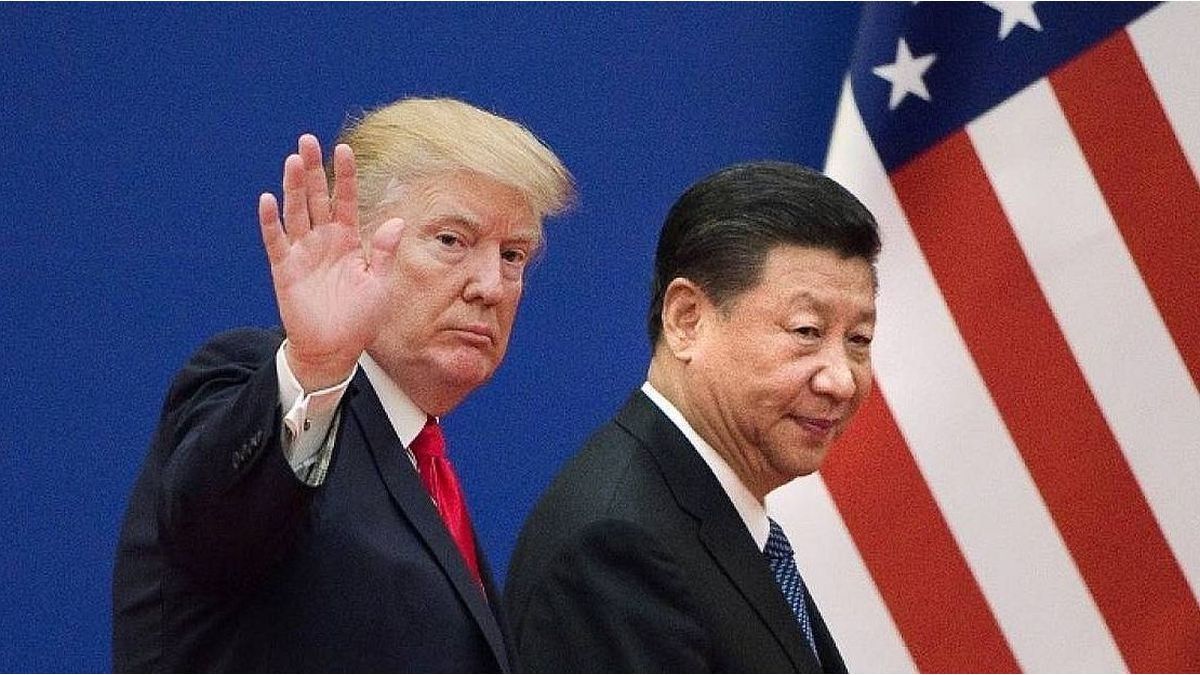Soft skills correspond to the way people work and relate, “how” they carry out their responsibilities, including interaction, collaboration, communication, integration, conflict management, creativity, adaptation, etc., which are brought into play in the execution of the functions of each role.
Currently, the context of virtual work and globalization lead to a collaborative, participatory work modality, with constant adaptation and evolution to change, learning agility, inclusion and diversity. Likewise, a leadership that facilitates autonomy, creation of opportunities and initiatives of all the members.
While, it is important that HR areas recognize soft skills when choosing members of the organization. Apart from the required technical profile, whose level may vary according to the seniority of the position and can be acquired through training or experience, soft skills are essential to be able to count on talents that identify with the values and culture of the organization.
It is possible to know how a candidate would manage certain situations through competency evaluations, simulations and if his actions correspond to the expectations of the position and the organization. At the same time, in the day to day work they are experienced through various evaluations, climate surveys, and other human resource management tools.
Having people whose soft skills match the culture of the organization will contribute to the achievement of personal and organizational goals.
Source: Ambito




